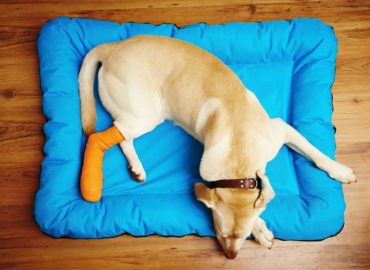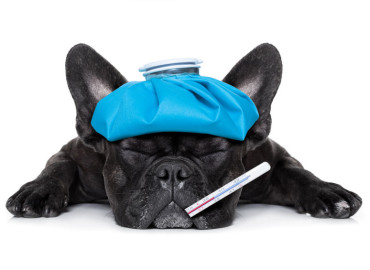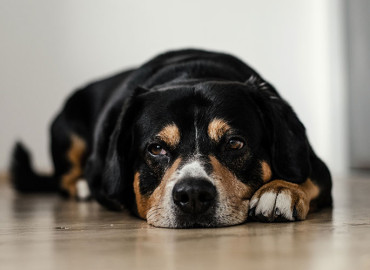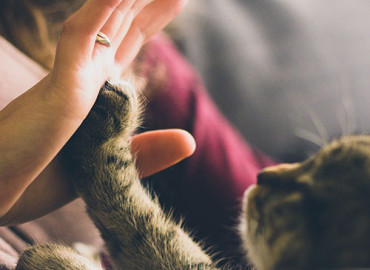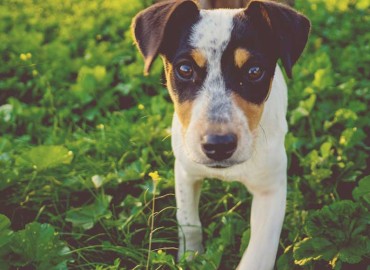Change Is Hard!
Change is Hard!
Change is hard for everyone but seasonal climatic changes can be particularly tough on certain pets. Going into winter months we tend to see a spike in arthritic pets presenting for lameness and coming into the warmer summer months, as we are now, we frequently see problems with our older cats and short nosed dog breeds.
Old Cats
Cats run fairly dry anyway so dehydration is relatively common, but for an older cat with subclinical kidney issues it can be life threatening. One of the roles of the kidneys is to conserve or remove excess water from the body. Drink a lot of water (or beer) and your pee goes clear and similarly don’t drink enough on a hot day or during exercise and your pee goes a more concentrated yellow. Older cats gradually lose kidney function and the important ability to conserve water when hot. Owners may notice them weeing a lot and/or drinking more, but if they fail to drink enough to keep up with their urine loss they become dehydrated, stop eating and start vomiting.
Short Nosed Dogs
Brachycephalic syndrome is the result of decades of inbreeding to achieve flatter facial features which, psychologists say, gives them a human infant like appeal. Affected dogs, such as English, French and Australian Bulldogs, have narrowed nostrils, nasal and airway passages, large soft palates and tongues and as a consequence struggle to breath normally and frequently have concurrent gastrointestinal issues. They snore, slobber, breath noisily, frequently cough and vomit and on hot humid days can develop heat stress, cyanosis and collapse without doing very much at all.
Inbreeding to Blame!
Researchers who looked at 139 English Bulldogs from Europe and the USA found that the vast majority descended from only two mothers and a single father! (read the full articles here and here if you are on our website blog page). Unfortunately this inbreeding has created a “genetic bottle neck” where there may not be enough genetic diversity left to reverse the multitude of negative physical traits in this much loved breed. From a veterinary standpoint they can be expensive to buy and maintain and their inherited health issues are almost impossible to insure. So buyers either beware or be rich (and please don’t shoot the messengers)!
